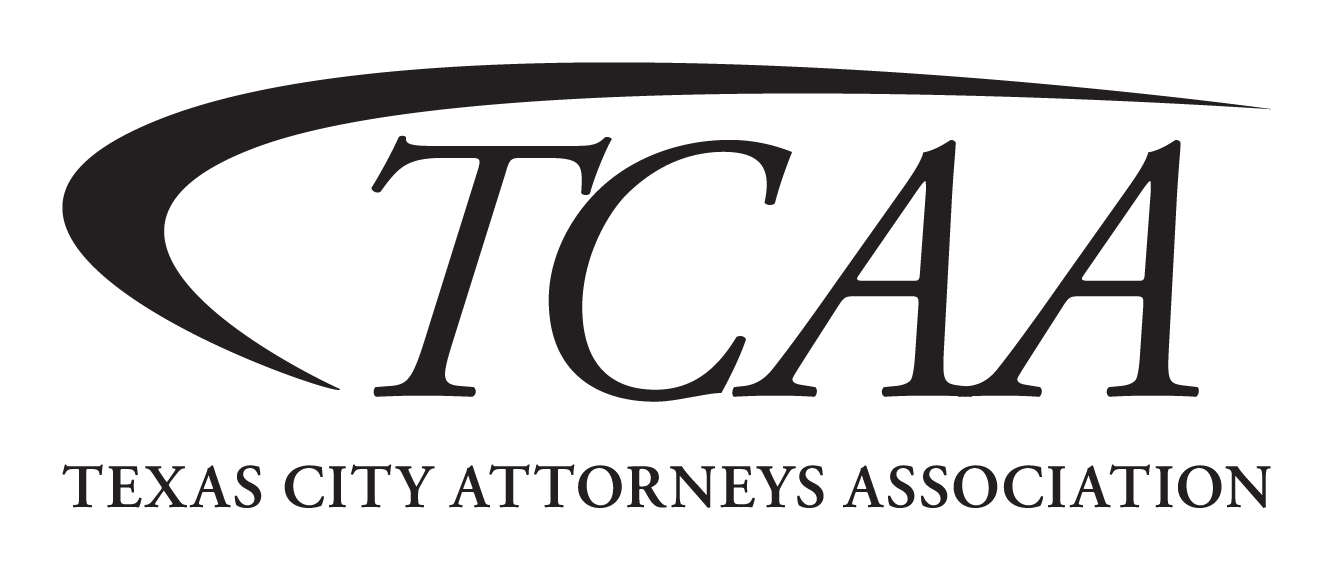The City Attorney’s Role in the Legislative Process
The Texas City Attorneys Association, in conjunction with the Texas Municipal League, prepared the following recommendations for how a city attorney can assist a client with the legislative process. The recommendations above were born from two sources:
- The Texas Municipal League’s February 2020 Legislative Policy Committee on Advocacy Strategy, chaired by League President Eddie Daffern, Mayor of Staples, made the following recommendation: “The League should, when using the local clout of elected officials in advocacy efforts, and – through organizations like TCMA and other affiliates – educate city staff on how they can assist in that process by providing individualized advocacy points to their elected officials.”
- The Texas City Attorneys Association board of directors unanimously adopted the recommendations of a three-member committee appointed by the TCAA board to study the city attorney’s role in advocacy. The committee was led by TCAA First Vice-President Alan Bojorquez of the Bojorquez Law Firm, P.C. Each attorney should, first and foremost, be aware of any relevant Disciplinary Rule of Professional Conduct when assisting clients with legislative matters.
The following are TML’s and TCAA’s recommendations regarding the role of a city attorney in the legislative process:
- Explain to interested city staff and council how the legislative process works.
- Help the council develop its own legislative agenda (priorities) if there’s a desire to do so, which may mirror TML’s or might include special/local bills.
- Assist in the drafting of bills the council wants to propose.
- Help clients monitor bills the council cares about.
- Evaluate and explain the implications of bills to council/staff.
- Assist upon request in the preparation of correspondence from council/staff to legislators.
- Be a resource to council/staff /TML when meeting with legislators (with client consent).
- Comment or testify on bills if asked or approved by the client.
- Help council/staff cope with legislative implications afterward (e.g., implementation). Sometimes, this involves helping clients challenge the legislation in court.
- Act as a liaison between TML legislative staff and the city, if authorized by the client.
Part-and-parcel with the above, the following are TML’s and TCAA’s recommendations as to TCAA’s role in the legislative process:
- TML should continue to take the lead with TCAA being a supportive affiliate that is available as a resource.
- TCAA should have neither a legislative agenda nor advocacy program independent of TML’s.
